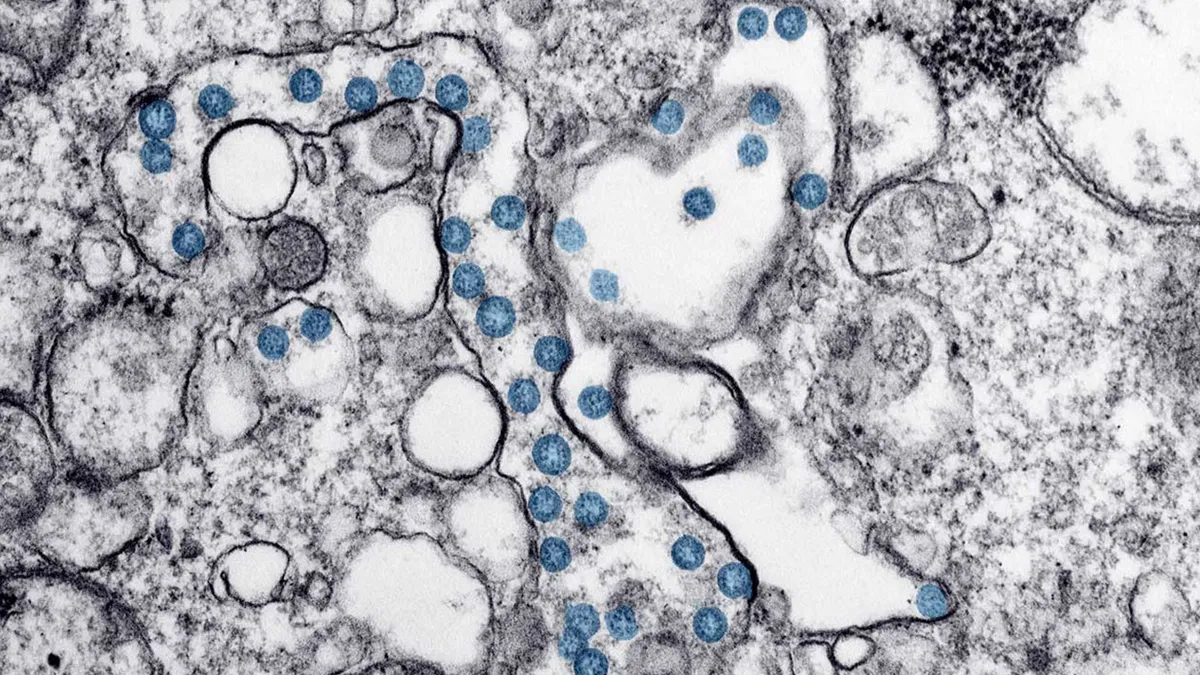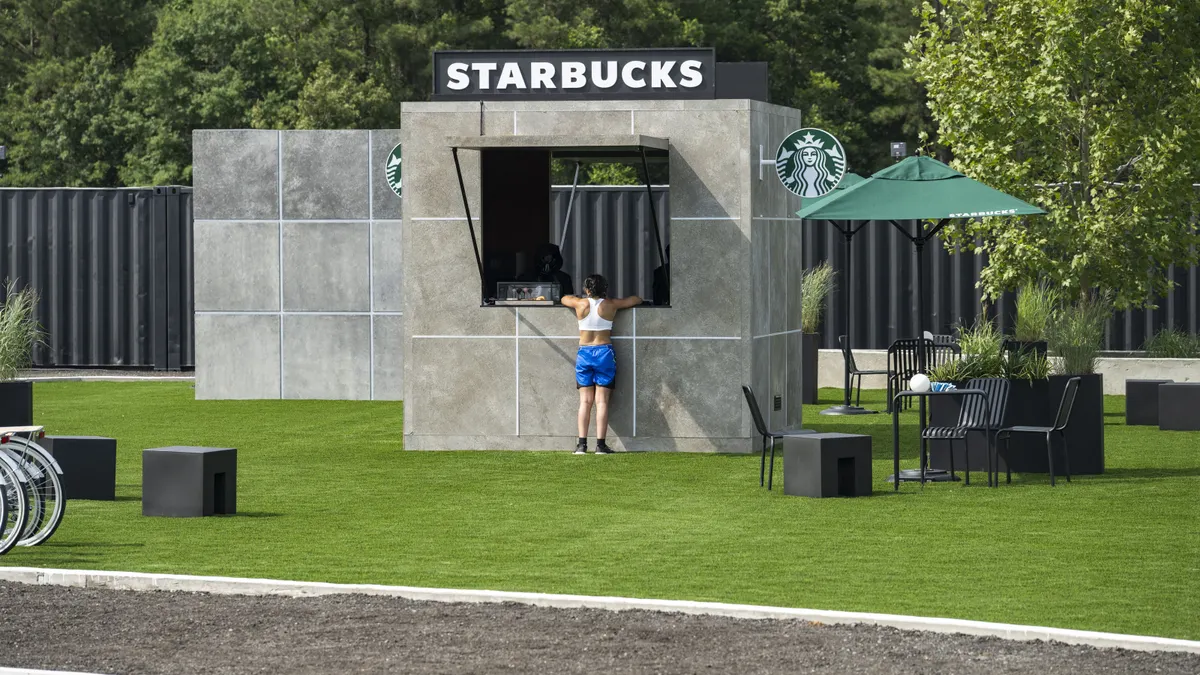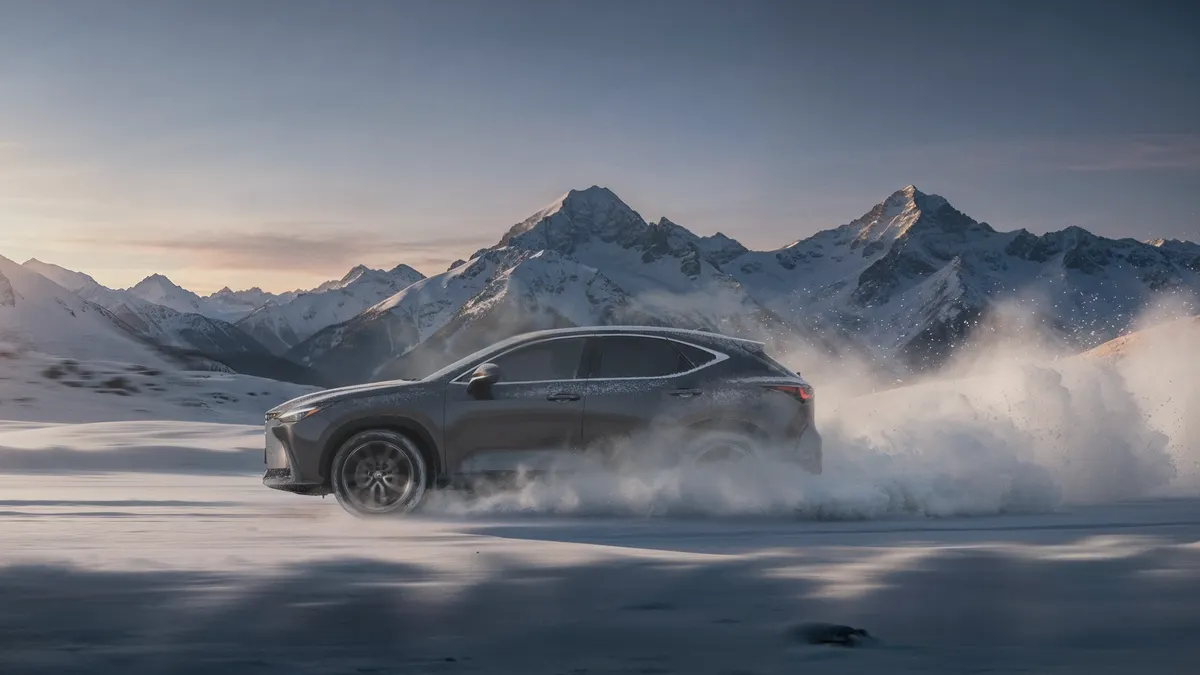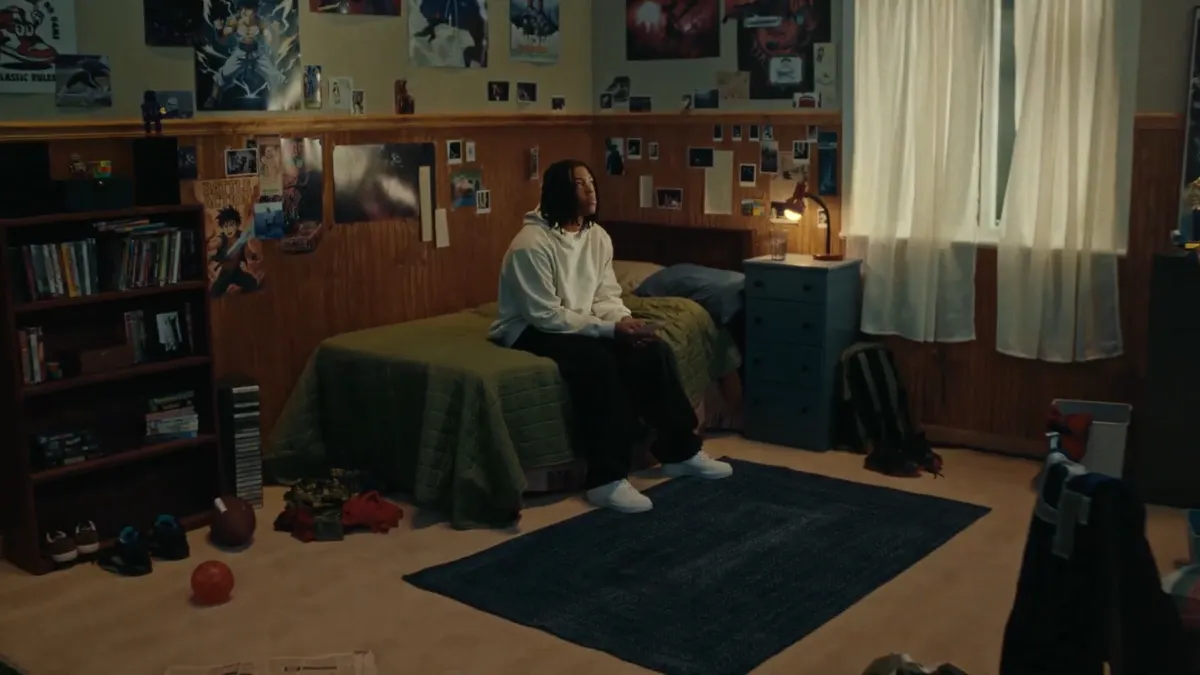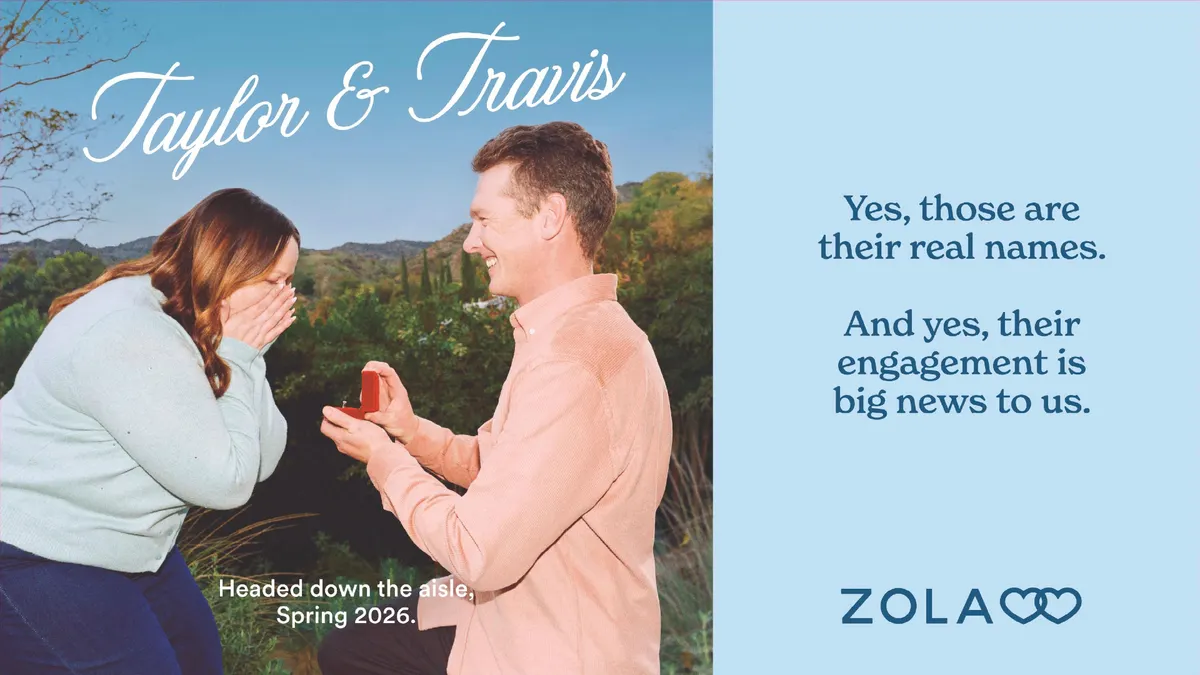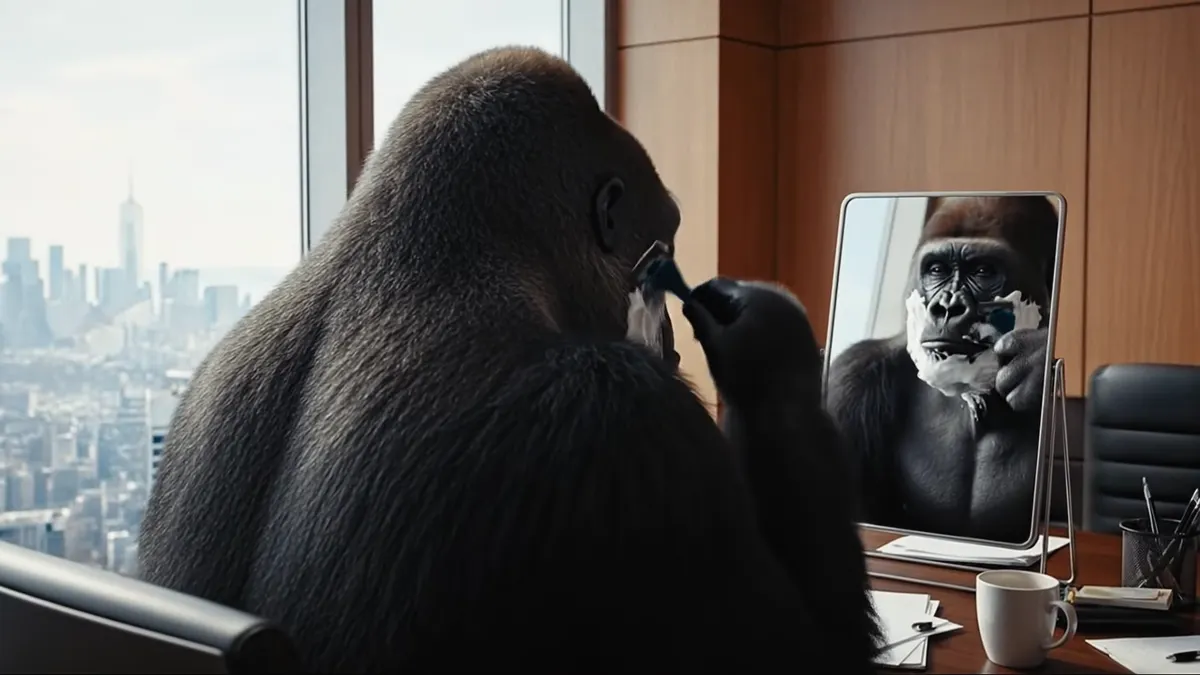Diggy Moreland, a lifestyle blogger and influencer on platforms like Twitter, recently stepped out of his shell to share chocolate bars with strangers in real life, receiving hugs and warm greetings in response. The social media personality's experience was part of a feel-good campaign from confectionary marketer Hershey, but the brand pulled the ads last week to avoid associations with the novel coronavirus.
The news marked one of the more extreme examples of how companies across categories, from KFC to Coors, are compelled to adjust their creative strategies in response to the global pandemic that last Friday led President Donald Trump to declare a national emergency. Hershey's spots, while largely inoffensive, depicted the types of physical contact — hugs and handshakes — that health officials are warning people against to prevent spreading the virus, which causes the illness COVID-19.
"They opted to not lose in the short-term and have another go at the chance to build longer-term [brand] equity," Jesse Purewal, partner at the growth consultancy Prophet, told Marketing Dive. "We're going to see marketers across the board making that kind of calculus."
While sensible, the shift toward playing it safe might stymie broader attempts to build brand purpose, an increasingly popular approach that typically carries a degree of risk-taking. Some experts interviewed for this piece warned against peddling too far away from purpose, noting that companies could miss an important opportunity to send a unifying or emotionally resonant message when consumers are deeply uncertain. At the same time, marketers will need to rethink their go-to-market strategies to better account for the realities of coronavirus and be particularly sensitive to its impact on human lives.
"Overcorrection ... as it relates to dialing back more emotive messages or more purpose-based messages, I think that would be a huge mistake," Purewal said. "I would caution marketers from just turning off the tape, and in a sense, leaving consumers with a vacuum around what the brand believes."
Hitting the brakes
Marketers applying extra precaution makes sense given the severity of the novel coronavirus. Consumers are anxious at the moment, and brands are operating in an era where channels like social media can amplify backlash to any botched communications.
"The coronavirus — the challenges it brings and the fear people are feeling around it — will add some fuel to the outrage fire and cause people to take notice more," said Kellan Terry, senior communications manager at the social listening and analytics firm Brandwatch. "Brands are overly cautious in general, and you throw a global pandemic on top of that, they will be extra so."
Other marketers have made similar moves to Hershey, indicating that even simple gestures or playful humor come loaded with higher risk during the outbreak.
Coors halted the launch of an ad titled the "Official Beer of 'Working' Remotely" over concerns the message could come across as tone-deaf as more companies enforce or encourage remote work. The commercial was part of the brewer's media play around March Madness, the NCAA college basketball tournament that last week was canceled.
Unilever's Axe paused a spot — also set to run during March Madness — that showed a basketball crowd fleeing from a man's armpit stench, which causes oxygen masks to drop into the crowd, according to Ad Age. KFC in the U.K. hit the brakes on a "Finger Lickin' Good" effort that encouraged people to lick their fingers after eating its chicken — something that might read as unhygienic amid calls for thorough handwashing.
The trend is indicative of how brands have a heightened awareness of consumer sensitivities today and are more nimble in looking to get ahead of a "brand fail," where an unintentional slip-up snowballs online and can even lead to boycotts.
"It can create a situation where there's a lot of negative sentiment associated with a brand, and then that can spiral out of control, even if the reality is that we need to be showing each other some love as a society these days," Purewal said.
However, not every marketer has backed down from controversy. Corona received flak on Twitter for a campaign promoting its new hard seltzer beverages that featured the tagline "Coming Ashore Soon." The company defended the work and said consumers are smart enough to know there isn't a link between coronavirus and its brand — a potentially correct instinct for other businesses to follow.
"You have to give people some credit for being rational-minded," Tim Smith, president of the agency Chemistry, told Marketing Dive. "You've got trust in your audience to know you're not saying you're promoting things irresponsibly just because you're showing somebody hugging."
Drowned out
Beyond marketers tweaking creative, it's possible that new initiatives will see their impact dulled as consumers focus their attention elsewhere. Part of that is due to a high degree of connectivity and the spigot of information pouring in from digital and social media.
"Coronavirus is taking up all the oxygen in the room and it's hard to create a splash," Terry said of launching new campaigns. "People will look at it as maybe being slightly insensitive and trying to capitalize on a pandemic. At the same time, if you're a business, you have to try to maintain business as usual."
Larger integrated campaigns could be affected in the near term, experts said, though it won't always be easy to draw a direct line between outbreak-related concerns and campaign performance. Axe's ad, for instance, was part of a new "Don't Overthink It" campaign that switched up the brand's messaging.
The restaurant chain Sonic late last month also pivoted its creative platform away from a humorous "Two Guys" conceit to focus on more family-oriented creative. It's the type of change that can spark online chatter as people react to something new and even complain about the sunsetting of a long-running campaign.
Marketing Dive pulled analysis from two third-party sources — Brandwatch and Ace Metrix — to gauge the response to Sonic's campaign, which rolled out before coronavirus' impact was felt at the national scale in the U.S. In findings sent to Marketing Dive, Ace Metrix said that the company's new ads hovered around the one-year norm for the QSR category, and performed similarly to recent "Two Guys" ads.
Looking at social media, Brandwatch found a weaker response, revealing "extremely limited returns in mentions that address its new ad campaign." Between Feb. 15 and March 11, the day Marketing Dive requested the Brandwatch data, there were fewer than 200 mentions of Sonic's marketing on Twitter, and many of them were negative and calling for the "Two Guys" actors to return.
"One of the worst things you can experience when you introduce a new campaign or a new commercial set is people just not noticing it at all," Terry said.
In a statement shared with Marketing Dive, a Sonic representative said the brand was "pleased with the new campaign's performance and it's been well received by our fans."
Regardless of how individual campaigns play out, marketers must consider that their creative work will not be a focal point of discussion as the global pandemic continues. Some might choose to deploy smaller bits of content or repurposed content on digital, social and channels like over-the-top television to get their message across in the short term, experts said.
"When you have such an overwhelming news story and one that develops on a daily basis ... it's just hard for people to pay attention to anything else," Terry said. "That goes especially for new marketing and ad campaigns."


